Commuter railroads and transit agencies throughout North America are stepping up cleaning efforts to address passenger concerns over the Covid-19 coronavirus spreading across the continent.
Among the efforts reported so far:
— NJ Transit said it will “enhance current cleaning procedures,” including “additional disinfection regiments,” and has created a task force to follow coronavirus developments. No cases of the virus have yet been reported in New Jersey.
— New York’s Metropolitan Transportation Authority has “significantly increased the frequency and intensity of its disinfecting procedures,” says CEO Patrick J. Foye. In addition to daily cleaning, the agency is now aiming to disinfect its entire fleet every 72 hours, while surfaces with frequent public contact, such as turnstyles and ticket machines, will be disinfected daily.
— The Massachusetts Bay Transportation Authority has introduced a protocol to clean high-contact surfaces every 4 hours, offer more in-station dispensers of hand sanitizer, and disinfect vehicles on a daily basis.
— Global News reports that Toronto-area agency Metrolinx is rolling out a long-lasting disinfectant spray recently tested on GO Transit, has increased cleaning, and is offering more hand sanitizer, and the Toronto Transit Commission has increased cleanings at regular points of contact from weekly to daily. Agencies in Montreal and Vancouver are taking similar precautions.
— In California, Bay Area Rapid Transit was one of the first to act, announcing on Feb. 25 it would increase station and equipment cleaning, add informational posters from public healthy agencies at stations, and communicate with employees about best practices to prevent the spread of the illness.
— In the Seattle area, Sound Transit says it has increased cleaning efforts, and will remove equipment from service after any biohazard incident until it is disinfected.





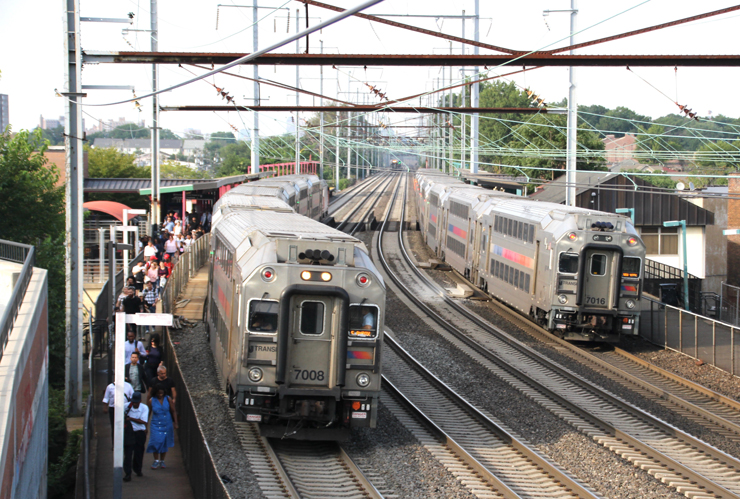

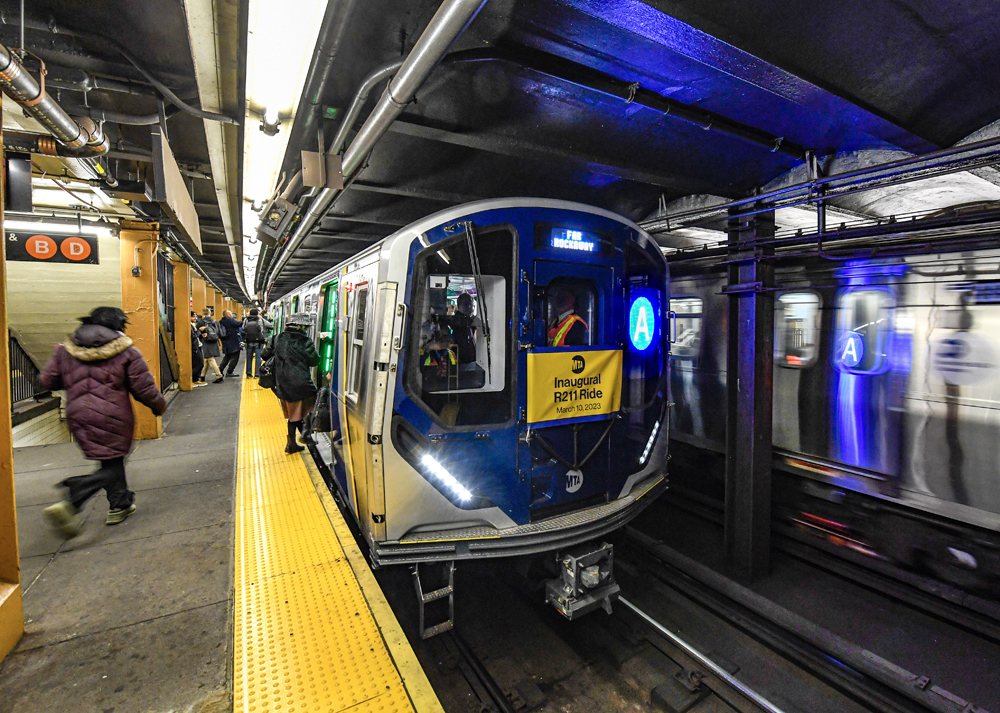
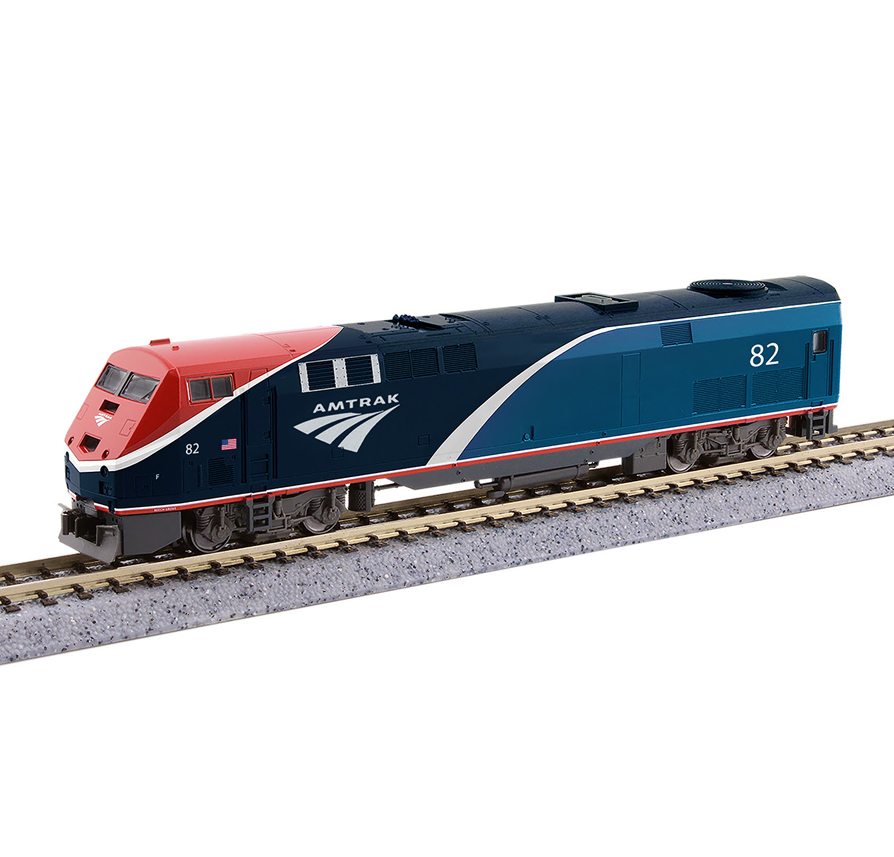
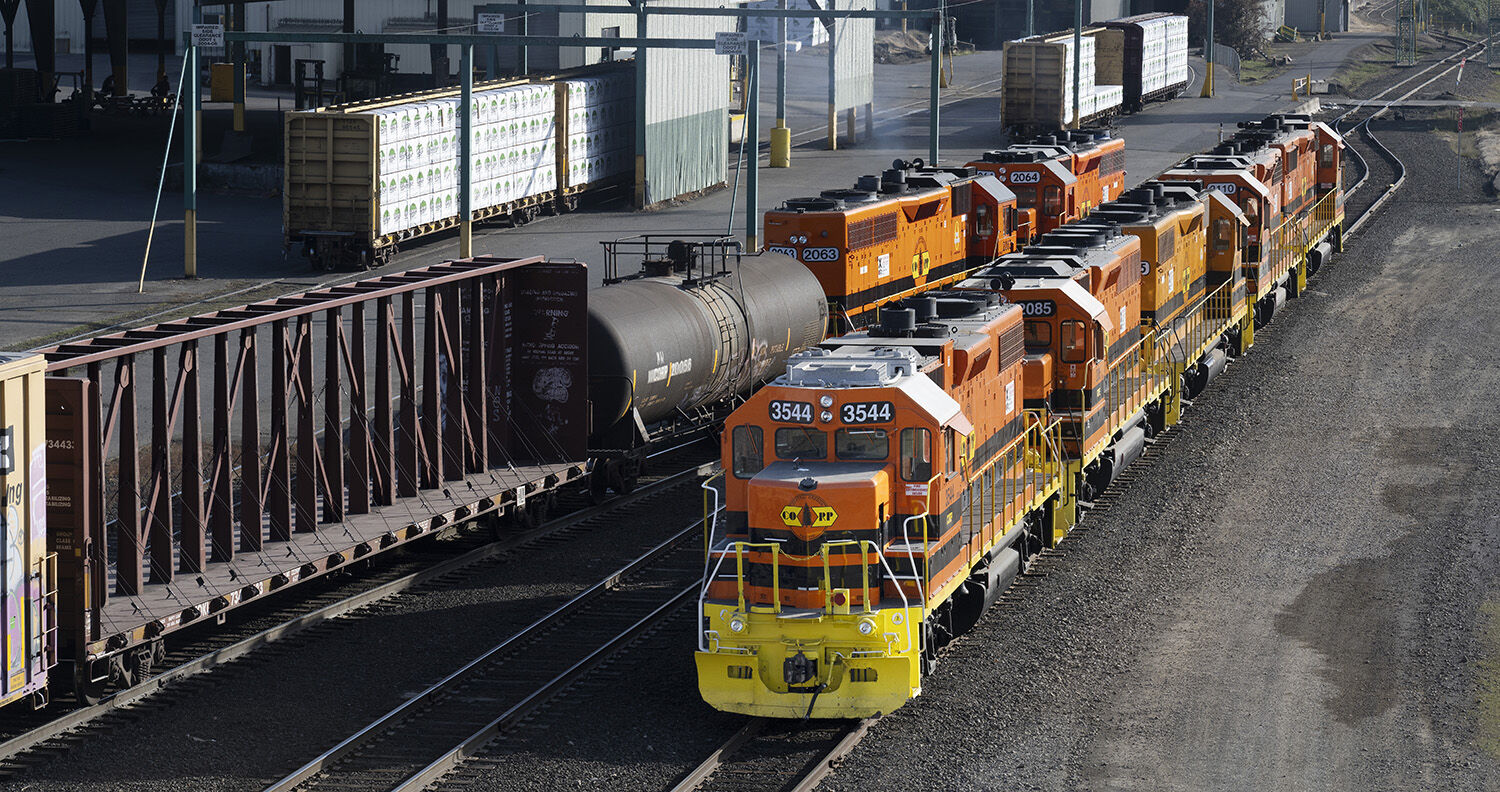
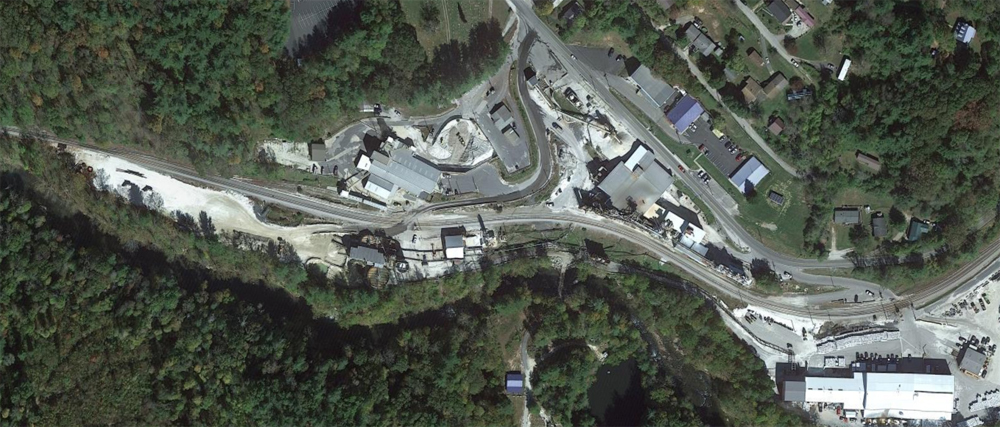




The one positive thing that has happened since the virus outbreak is commuter railroads, Amtrak,etc! Is now they’re forced to keep their equipment, station bathrooms washed and cleaned, anyone that’s been on trains In japan know their stations and cars super clean, they have workers that are able to clean the bullet train cars clean before it departs for example.
As an >60 person, I look at it this way… “Something you eat, drink, smoke or… with is going to kill you. So, why worry?” That was from the elderly father of a long-ago former employee of mine. In other words, it isn’t what kills us that does the deed as much as worrying about it does!
Everybody seems to want to gamble their health with skeptic allusions to health warnings. When a disease surrounds you, isolation is the first normal response. Presently, too little is known about coronavirus and there seems to be no real treatment, let alone a cure. Proceed with maximum caution!
Perhaps the virus pandemic will help in redesigning local and inter-city rail systems. Healthful preventative measures are immediate needs and strap-hanging should be disallowed. The obvious need for vastly increased capacity for all systems is immediately clear. What a place to reinvest in our infrastructure. All most all of us lack access to our own private planes.
Some of us aren’t afraid of our own shadows and some of us aren’t afraid of a disease that’s about the 999th cause of death (so far) in United States. Yesterday rode Amtrak for an event in Chicago. I have no way to measure if either (the train or the event) were less patronized than usual – only to say, I was hardly alone on either the train or at the event. If I hadn’t gone to Chicago I’d have gone to church where every Sunday some people take the Communion Cup to their lips and some don’t. I wouldn’t have hesitated – I’ve taken the Communion Cup each Sunday morning since the epidemic started and so have many others.
Would I have felt more safe if a worker in a space suit had sprayed up the train I was on? Really I have no way to know this but I’m not hiding under my bed. Even though I’m in the age group said to be most vulnerable. News flash: the same age group dying in far greater numbers from day-to-day influenza. It is said that stress can lower the immune system – if so, then yes, people can die from hysteria.
Or else, people can die from this that or the other and the media will report it as coronavirus.
If I’m wrong I’m wrong. So far I’m right. The number of deaths in USA, so far, from this virus is fractional compared to the number of people who die tripping over their own feet.
I’m not denying there’s a communicable disease out there. I’m just trying to put it in perspective. There have been communicable diseases since the world began and there’s 7 billion of us who haven’t died from them. I have survived the polio epidemic (pre Salk and Sabin vaccines), SARS, swine flu, measles, influenza, mumps, German measles, and whatever other virus has swept across USA over my lifetime.
Now I know where the $8.3 billion dollars will go. For purchasing millions of liters of disinfectant to be sprayed all over the Amerrica. Whether or not it will do any good (or harm???) I will leave to those knowledgeable in the subject. Oh yes, millions of protective suits and respirators for the sprayers because the sprayers will know what we aren’t suypposed to know – that the disinfectant itself may be low-level toxic.
Want to see those regiments. Maybe they have squads and platoons as well. Thinking they meant regimen.
The Pullman Company maintained very clean sleeping cars in the 1950s and much of the 1960s until service was phased out. The roomette or bedroom was so immaculate, I felt like the first occupant in it. [The fact that the lightweight Pullman sleeping cars were relatively new in the 1950s helped too.]
Nonetheless, my parents always packed a small brown glass bottle of Lysol® concentrate to use on the toilet seat and wash basin although the porter was suppose to have cleaned them. They would have used disposable wipes nowadays.
Hey folks dial up your immune system into high gear. There’s no way to sterilize the entire human ecosystem.